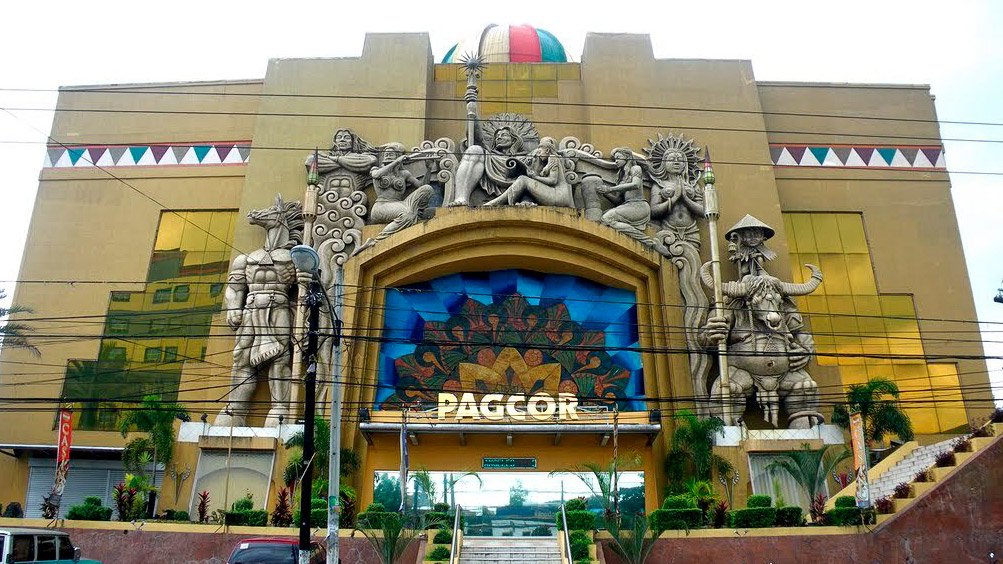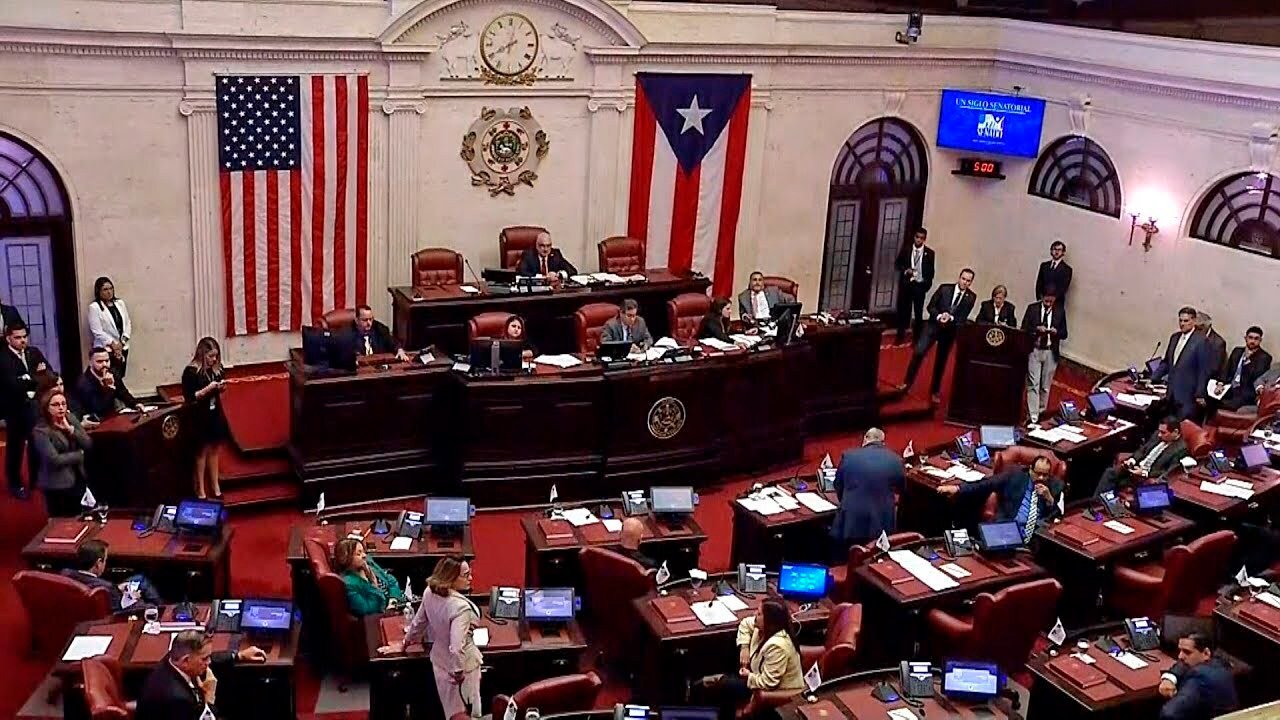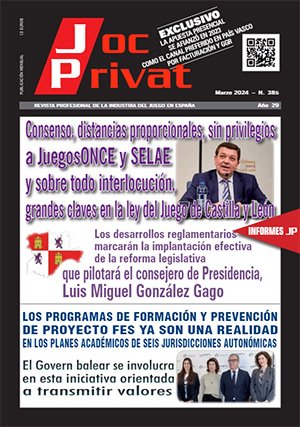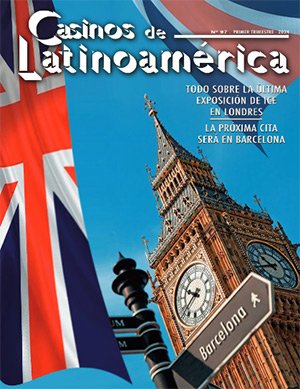Philippines' Department of Finance Secretary calls for the privatization of PAGCOR's casinos
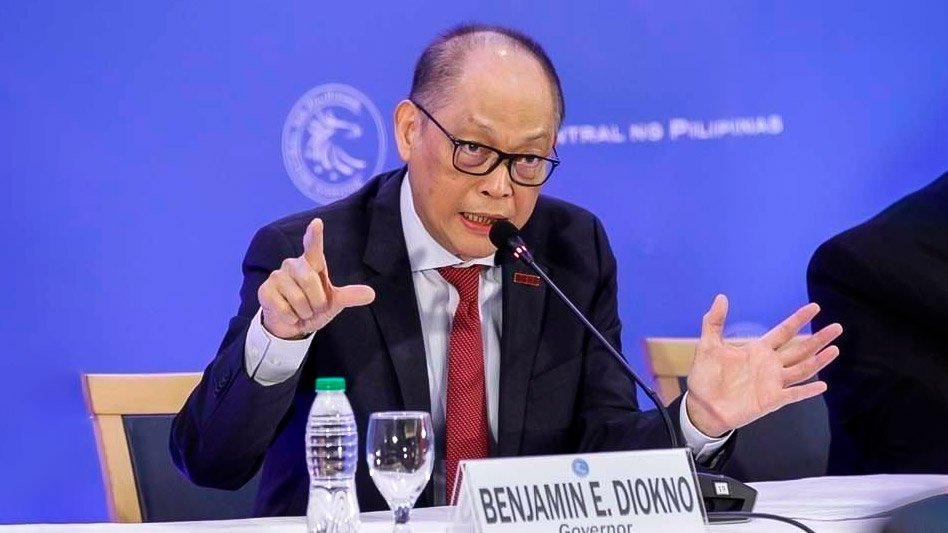
The Philippines gaming regulator’s casino operations could see potential privatization, according to new local media reports. The Department of Finance Secretary Benjamin Diokno is calling for the Philippine Amusement and Gaming Corporation (PAGCOR) to sell its casinos and stick to its regulatory role. Diokno claimed it is "wrong" for the agency to continue fulfilling conflicting roles as both a regulator and an operator.
Speaking to local media amid ongoing debate over the proposed creation of a sovereign wealth fund (the Maharlika Wealth Fund), of which PAGCOR is envisioned as a key contributor, Diokno said it was important to clarify the regulator’s role by selling off the 47 casinos under its watch.
"PAGCOR is a regulator but at the same time, it operates gambling companies. That’s wrong," he said. "If you’re a regulator, stick to that. You cannot run gambling casinos. It’s like saying that you have a central bank and yet you’re also running a bank. That cannot work," the Secretary added.
The possible privatization of PAGCOR-operated casinos is currently being evaluated by the Philippines’ Governance Commission for GOCC after PAGCOR chair Alejandro Tengco described the move as "appealing" shortly after being sworn into office in August.
However, not all are in favor of the move. House Speaker Rufus Rodriguez recently called instead for the creation of a dedicated casino regulator, leaving PAGCOR only as an operator.
Casino Filipino in Angeles City, Philippines.
Plans calling for PAGCOR to sell its 47 casinos first surfaced in 2016, under the order of then-President Rodrigo Duterte, in an effort to bolster the national budget. The sale was later reported as commencing in 2018, with 17 casinos to be offered as part of a first phase, but these efforts were ultimately shelved at the time. While the plans resurfaced as a potential way to repay the government’s debts incurred during the pandemic, they never materialized.
According to a report by Business Mirror, Department of Finance officials had said the proceeds from the privatization of the PAGCOR assets would offset potential revenue losses from the sale. “In the short and medium term, there will be no revenue loss because of privatization proceeds,” Diokno noted. “The new leadership should consider the worthiness of their move appropriate to their role.”
The proposed Maharlika Wealth Fund, which if established will invest in financial markets and large-scale infrastructure projects around the world, is slated to receive 10% of the gross gaming revenues generated from PAGCOR casinos. Privatization critics noted the revenues PAGCOR’s casinos bring yearly, with the agency remitting more than Php56 billion ($1 billion) to the government in 2019.
As mandated by law, PAGCOR is tasked to provide portions of its earnings to the Bureau of the Treasury, the Bureau of Internal Revenue, the Philippine Sports Commission, and local governments hosting Pagcor casinos, among others.
PAGCOR is also tapped to provide funds for the implementation of vital laws such as the Early Childhood Care and Development program, the Sports Incentives and Benefits Act, the National Cultural Heritage Act, and the Renewable Energy Act.


